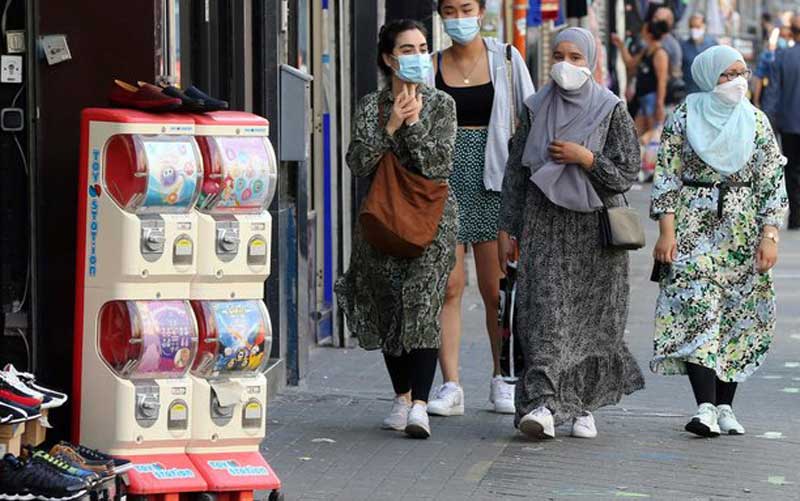×
The Standard e-Paper
Fearless, Trusted News

Some in Brussels have been wearing face masks for months, but others were caught off guard when it suddenly became compulsory across the Belgian capital. [AFP]
The warning signs had been building along with the coronavirus case numbers, but the early morning decision to order Brussels residents to wear masks caught many by surprise.